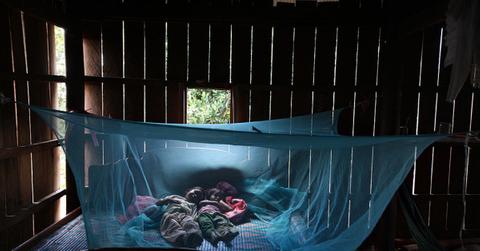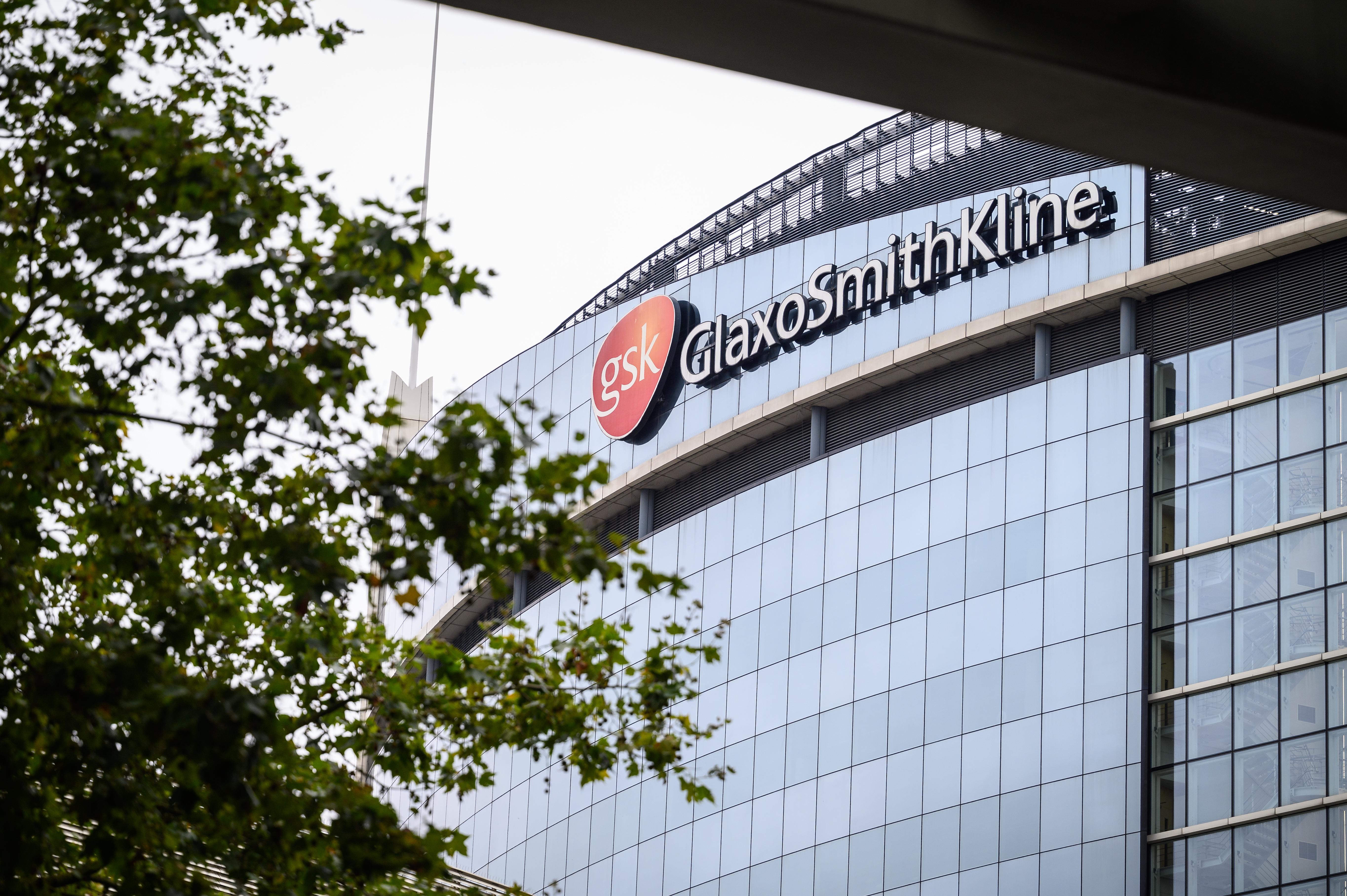Who Owns the Malaria Vaccine? First Vaccine Against Parasitic Disease Receives WHO Approval
Who owns the malaria vaccine? The first vaccine against parasitic disease receives WHO approval
Oct. 7 2021, Published 11:43 a.m. ET

As much of the world has focused on COVID-19 and the vaccines developed against it, the battle against malaria has continued after a century of research attempting to find a malaria vaccine. The long-feared parasitic disease kills approximately half a million people worldwide every year.
A malaria vaccine manufactured by GlaxoSmithKline has now been approved by the WHO (World Health Organization). The WHO hopes this vaccine will save tens of thousands of lives annually, with its global malaria program director, Dr. Pedro Alonso, calling this a “historic event.”
First malaria vaccine approved
The new vaccine, called Mosquirix, is revolutionary, both as the first approved vaccine to prevent malaria and the first vaccine developed for a parasitic disease. Alonso said, “It’s a huge jump from the science perspective to have a first-generation vaccine against a human parasite,” reports The New York Times.

The 500,000 deaths from the disease happen mainly in sub-Saharan Africa, with more than half of those being children under age five. Even those who survive malaria are often susceptible to multiple reinfections every year due to the prevalence of mosquitoes carrying the malaria parasite. These frequent illnesses can damage a person's immune system permanently.
Gavi, the Vaccine Alliance, will play an important role in getting Mosquirix into the countries where it’s most needed. Gavi’s board must first approve the vaccine before buying it, but there may be challenges due to other disease and vaccine priorities worldwide. CEO of Gavi Dr. Seth Berkley said, “Today marks a historic achievement in our fight against malaria.”
How effective is the malaria vaccine?
After going through clinical trials, the Mosquirix vaccine was implemented in routine immunizations in Kenya, Malawi, and Ghana. It's given in four doses. The first three are administered when a child is between 5 and 17 months old, and the fourth dose is given about 18 months later.
Clinical trials showed the vaccine had 50 percent efficacy against severe malaria for one year after being given, a rate that decreased to almost zero by the fourth year. Severe malaria accounts for up to half of malaria deaths, so even though vaccine trials did not test how effective it was in preventing deaths, Dr. Mary Hamel of the WHO said deaths could be expected to decrease.
Combining the vaccine with the administration of preventive drugs to children during seasons of high transmission has also been found more effective than using only the vaccine or only the preventive drugs.
The WHO continues to recommend a full suite of malaria prevention measures: insecticide-treated bed nets, indoor insecticide spraying, chemoprevention, and timely malaria testing and treatment.
GlaxoSmithKline's stock forecast
GlaxoSmithKline, the maker of the malaria vaccine, trades on the NYSE as "GSK". The global healthcare group is based in the U.K. and has a market cap of $69 billion, smaller than that of competitors Gilead ($85 billion) and Bristol Myers Squibb ($132 billion).
GSK, in addition to vaccines, makes prescription medicines and consumer healthcare products. Of 24 investments analysts polled by CNN Business, half recommend "hold” for GSK, and 8 recommend “buy.”
